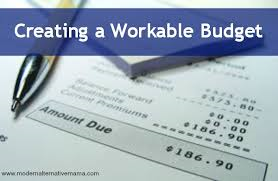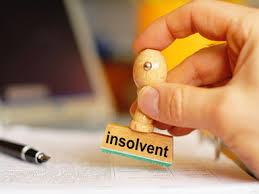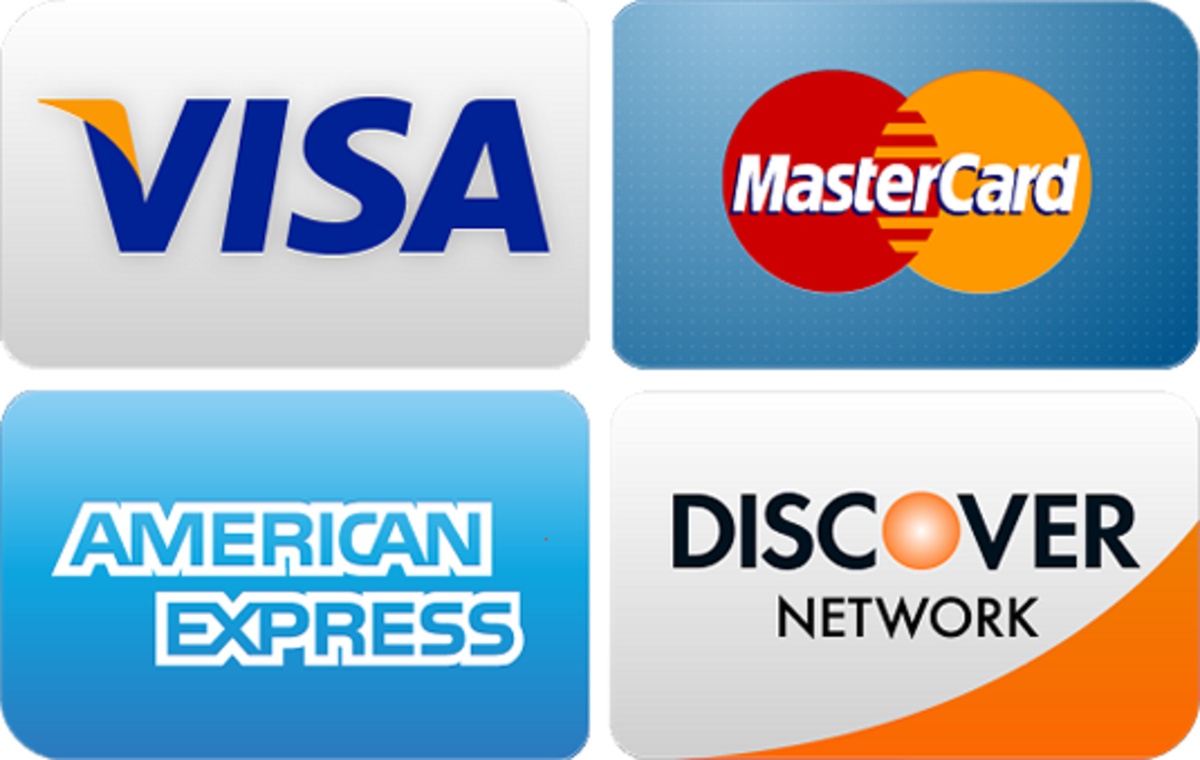5 Quick Tips on How to Deal with Debt

Dealing with debt is one heck of a mess…right? It all started with just one missed payment; then you started getting those annoying phone calls from debt collectors, which was then followed by those even more annoying dunning notices. After just six months of financial hardship, you began to notice the true magnitude of the situation. Are you confused as to what’s really transpiring in your life? You shouldn’t be. Actually what’s happening, happens all too often: A financial crisis, (as brought on by personal, business or family issues, a job loss, or just good ole fashion consumer credit self-indulgence) is shaping-up to be the premier challenge for millions of American households today. Nonetheless, when faced with an adverse financial situation, savvy consumers must know that there are, indeed, options available. The following tips below represent five such ways on dealing with your debt:

Tip#1: Developing a Workable Budget
What’s a good workable budget? In the year 2008, it took a near Great Depression for Americans to realize the real task at hand. America is no longer a nation of savers. As it stands today, we lead the industrialized world with a near 0 percent savings rate. What a good workable budget does isn’t too hard to understand—namely, it simply allows an individual(s) to take control of his or her financial situation by realistically assessing what’s coming in vis-à-vis what’s going out.

Tip#2: Contacting Your Creditors
Unbeknownst to many consumers dealing with debt are these so called financial hardship programs. Hardship programs were setup by the most unlikely of sources--The credit card companies themselves. Following the Credit CARD Act of 2009, as brought on by the economic downturn of 2007-2008, many credit card companies were mandated by law to create these so called financial hardship plans. The benefits of financial hardship plans allowed for the following: 1) the ability to lower the interest rate, 2) the opportunity for lower minimum payments; and more importantly, 3) the reduction of fees and penalties. For this very same reason, it becomes very important for consumers in a bind to act fast, contacting your creditors immediately to explain your particular financial ordeal. The main thing you want to avoid is your accounts being turned over to a third party debt collector—by then it’s too late, your creditor has already sold the debt.

Tip#3: Dealing with Debt Collectors
Dealing with debt collectors is certainly no pleasant task. Surprisingly, most consumers are unaware of federal laws such as the Fair Credit Report Act (FCRA), which along with the Fair Debt Collection Practice Act (FDCPA) exist to alleviate consumers from the perils of egregious debt collection practices. These two very powerful acts of congress created guidelines under which debt collectors may conduct business. By and large, the statues have three main stated purposes: 1) To eliminate abusive practices in the collection of consumer debts; 2) To promote fair debt collection; and more importantly 3) To provide consumers with an avenue for disputing and obtaining validation of debt information in order to ensure the information's accuracy.


Tip#4: Doing Business with Debt Relief Services
Today’s debt relief services run the gambit from your typical non-profit consumer credit counseling organization, to the now ubiquitous for-profit debt settlement outfits. The prevailing credo behind most of these organizations is based on the premise of advising consumers on how to deal with excessive debt burdens. For the most part, the effective tool for relieving individual(s) of his or her debt obligations lies with a debt management plan (DMP). Simply known as DMPs, these debt fighting plans are offered through credit counseling organizations. In fact, a reputable non-profit credit counseling organization can advise you on ways of managing your personal finances, including help with creating a workable budget, and distribution of free financial educational materials.

Tip#5: Banking on Your Right to Bankruptcy
What’s bankruptcy? Bankruptcy is based off this idea of personal insolvency, which is simply a situation whereby a debtor is unable to pay back his or her debt. Chapter 7 and 13 bankruptcies offer individuals dealing with debt a chance at a “fresh start.” Moreover, of all the ways of dealing with debt, bankruptcy remains the most complex—namely, there are bankruptcy rules you have adhere to in order to receive a discharge, which serves as the official notice to creditors that the debt has been relieved through statutory injunction. Caveat emptor: Consumer seeking this option must now be aware of new “The Bankruptcy Law.” Enacted in 2005, The Bankruptcy Abuse Prevention and Consumer Protection Act of 2005 (BAPCPA) technically made it a lot more difficult for consumers dealing with debt to file for bankruptcy, requiring debt laden consumers prior to filing for bankruptcy to receive credit counseling from a non-profit credit counseling organization. In addition, you’re now required to complete a post-bankruptcy education session after filing for bankruptcy.









